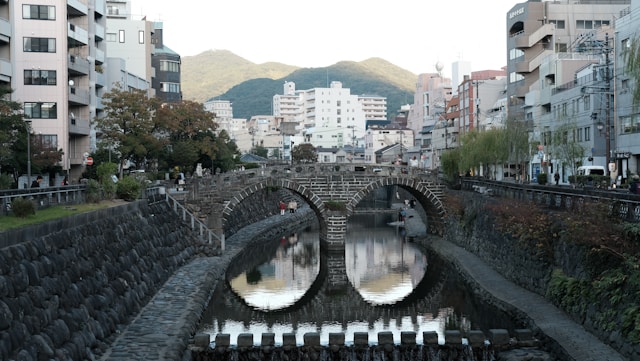Traveling abroad is an exciting adventure, filled with opportunities to explore new cultures, meet new people, and create unforgettable memories. But whether you’re traveling for leisure, studying abroad, or on a business trip, personal safety should always be a priority. Staying safe in foreign cities doesn’t mean being paranoid it means being prepared, aware, and confident in your surroundings.
In this guide, you’ll discover practical travel safety tips that will help you avoid unnecessary risks and enjoy your trip to the fullest.
Research Before You Go
One of the most important steps in safe travel practices happens before you even leave home. Research your destination to understand local customs, neighborhoods, and transportation systems.
-
Check travel advisories from your government to stay updated on safety concerns.
-
Learn about cultural norms so you can blend in more easily and avoid standing out as a tourist.
-
Understand transportation options such as buses, trains, and rideshares, and make note of official routes.
Preparation helps reduce surprises and ensures you’re better equipped to handle unexpected situations.
Blend In and Stay Low-Profile
Tourists are often easy targets because they stand out. To reduce risks:
-
Dress modestly and in line with local customs. Avoid flashy clothing or expensive jewelry.
-
Don’t openly display valuables like cameras, phones, or large amounts of cash.
-
Carry yourself with confidence, even if you’re unsure of where you’re going.
Blending in not only improves your safety but also shows respect for the local culture.
Stay Aware of Your Surroundings
Situational awareness is one of the most valuable skills when exploring new places. In crowded tourist areas, train stations, or markets, pickpockets and scam artists are common.
-
Keep your bag close to your body.
-
Avoid distractions like texting while walking in busy areas.
-
Trust your instincts if something feels off, remove yourself from the situation.
Simple awareness goes a long way in staying safe in foreign cities.
Safe Transportation Tips
Transportation can be one of the trickiest parts of travel, but with a few smart choices, you can reduce risks:
-
Only use official taxis or rideshare services with licensed drivers.
-
Avoid unmarked cabs or offers for rides from strangers.
-
At night, stick to well-lit areas and avoid isolated train or bus stations.
-
Carry an offline map or navigation app so you’re never completely lost.
Having a transportation plan makes navigating a new city less stressful and much safer.
Technology & Communication
Modern technology can be a lifesaver when traveling abroad.
-
Keep your phone charged and carry a portable power bank.
-
Share your itinerary or location with a trusted family member or friend back home.
-
Download safety apps or enable location-sharing features in case of emergencies.
-
Learn key local phrases that might help you ask for directions or assistance.
Staying connected ensures someone always knows where you are.
Protecting Your Belongings
Losing important items like a passport or credit card can turn a great trip into a stressful situation. Protect your belongings with these strategies:
-
Use anti-theft bags, money belts, or hidden pouches.
-
Keep copies of your passport, travel insurance, and identification in a separate location.
-
Store cash in multiple places so you’re never left stranded.
A little preparation goes a long way in avoiding theft-related problems abroad.
Emergency Preparedness
Even with the best planning, emergencies can happen. Knowing how to react makes all the difference:
-
Memorize or save local emergency numbers (they may differ from your home country).
-
Locate your embassy or consulate in case you need legal help or replacement documents.
-
Carry a basic first-aid kit with essentials like bandages, antiseptic wipes, and medication.
Being prepared ensures that you can handle challenges with confidence.
Conclusion
Traveling abroad is an amazing opportunity, but knowing how to stay safe in foreign cities is just as important as planning your itinerary. By doing your research, blending in, staying aware of your surroundings, protecting your belongings, and preparing for emergencies, you’ll feel more confident and secure while exploring.

